STAR = Stockholm in Rome
by Mattia La Torre and Diego Parini
Learning physics with a Nobel prize winner. Serge Haroche and his lectures on the ‘history of the science of light’, “Cattedra Fermi” 2022.
Sapienza, Aula Amaldi, January 2022. The course of the “Cattedra Enrico Fermi” this year has been entrusted to Serge Haroche, Nobel Prize in Physics in 2012. During the 15 lessons, he will address the issue of “Science of light”, a path that starts from Galileo’s telescope and reaches quantum information. STAR talks about Nobel, STAR talks with Nobel, STAR = Stockholm in Rome
1. Why is Sapienza holding the course?
The invitation was sent to me, I think, two years ago, before the pandemic broke out and before Giorgio Parisi won the Nobel. Immediately, when I got the invitation, I thought it was a fantastic occasion to come here. I was very honoured because this is where a lot of important physics has been done, a place where Fermi was, and where I have many colleagues. I believe that I last came here around 15 years ago.
2. 15 years is a long period of time. Did you notice any some changes in the physics research done at Sapienza?
I think it is about the same. However, the Physics done here in Sapienza is particle Physics or theoretical Physics, while I’m an experimentalist. I’m not directly involved in this kind of research. I am more involved in those carried out in Florence or often in those carried out in Scuola Normale di Pisa.
3. Are there differences between the research in physics done 10 years ago compared to that done now? How far must does one need go back to find differences?
Well, in 10 years, it hasn’t changed much. The change is progressive. Of course, you have a massive change from the 19th century because of the revolution in quantum physics, relativity and now, quantum technologies have evolved during the last 20 years. This is a continuation. It’s not 10 years, the kind of physics we are doing now started 20 years ago and is still evolving.
4. You mentioned Giorgio Parisi, whose research in physics was done mainly at Sapienza, earned him the Nobel prize in 2021. How far, or close, is his field of research from yours?
Giorgio Parisi is more interested in complex phenomena that occur in quantum matter physics, in systems made of many particles. My work tries to isolate quantum systems in the simplest possible way and to explore quantum properties. It is very different, but the basis is the same. For example, electromagnetism is the same for everyone, but you simply look at it from different angles.
5. An odd question, but I must ask. Is it easier to get a Nobel prize in physics than in other fields, or is it more challenging?
I think first that to get the Nobel prize is the result of chance. Because there are a considerable number of scientific discoveries everywhere in the world done in different fields and there are only three people who get the Nobel prize each year. There are hundreds of thousands of scientists in the world, but the number of awards has not changed. So, it becomes more difficult. When you get it, you win a kind of lottery, but of course, it is not easy, you must do something that nobody else has done before, but above all, it must be applied. It’s a matter of work, a lot of work, but also a lot of chance.
6. What is your advice for young scientists?
My advice to young scientists is to not think about a Nobel prize; it has destroyed the minds of many people who wanted to receive it and were unhappy about not getting it. I believe it is wrong because I think that happiness should come from work and not from this kind of recognition
7. The course you are holding in Sapienza is meant for high school students. What do you think they can get out of it when the course if over?
I hope they can feel the unity of the world of science and physics. The things we are doing now come from the past, on a very long time scale. You always need to use the same method, which is the rational scientific method that will help to avoid what is going on now, such as the dissemination of fake news. I hope that by showing, for example, how the science of light has evolved over the centuries, you get a strong feeling for the necessity to believe in this kind of truth. It is not a truth like a dogma, but it is a truth that has evolved with rational thinking, with the doubt that you always have to try to find out if what you see is true or not.
8. Nowadays, the spread of misinformation and fake news is vigorously taking place, as you mentioned. Do you think that the evolution of technology has helped this distorted way of thinking?
Modern technologies can be used for good things if used correctly. The internet is fantastic because it provides a lot of information, you can know anything if you do it in the right way, but it can also lead you down the wrong path if you believe everything you see on the internet.
Serge Haroche, Quantum Physicist and Nobel prize in Physics 2012




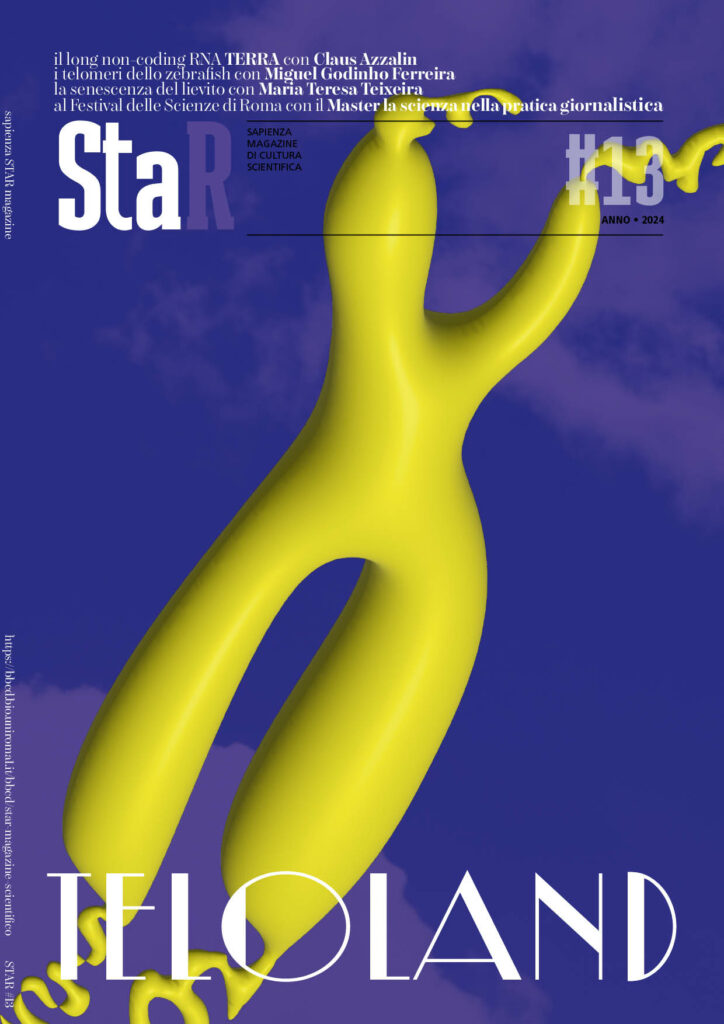



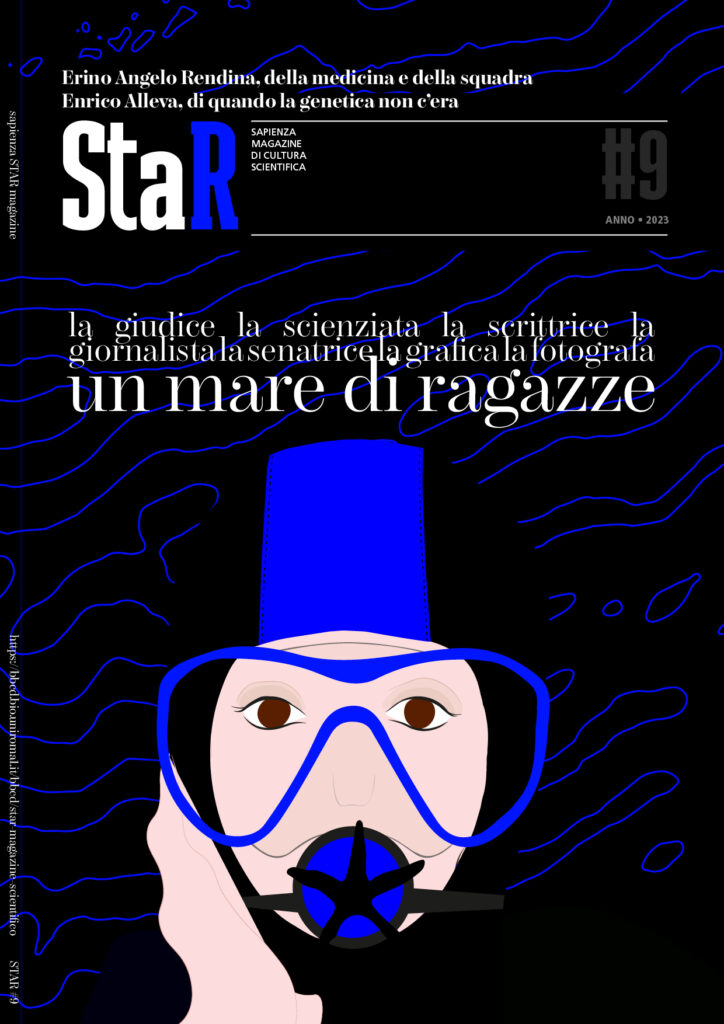
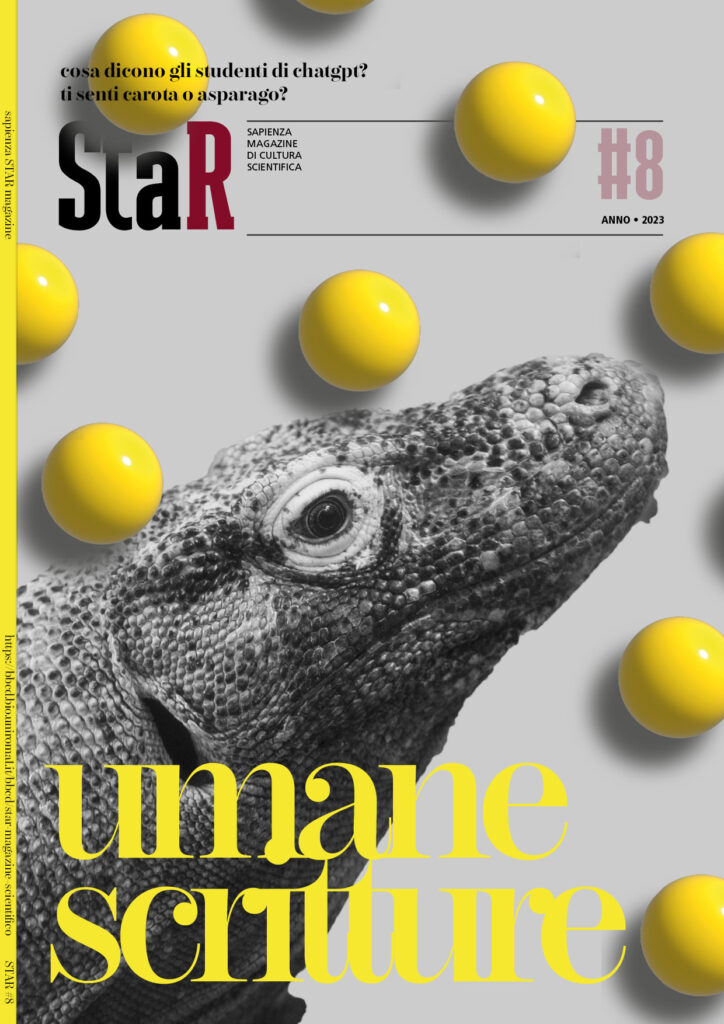
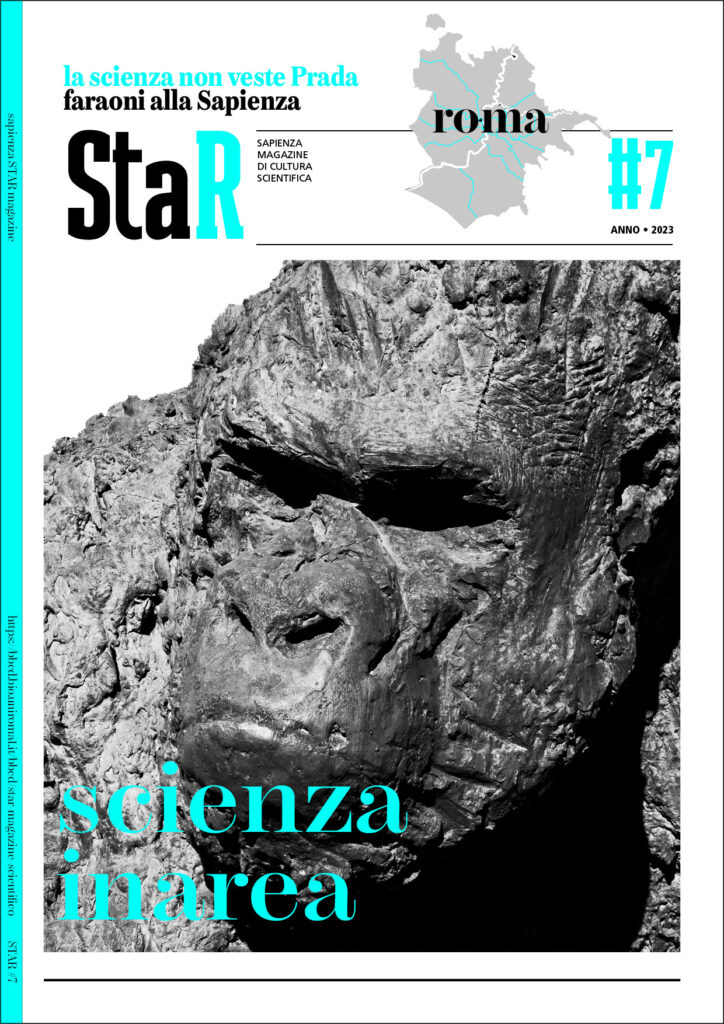

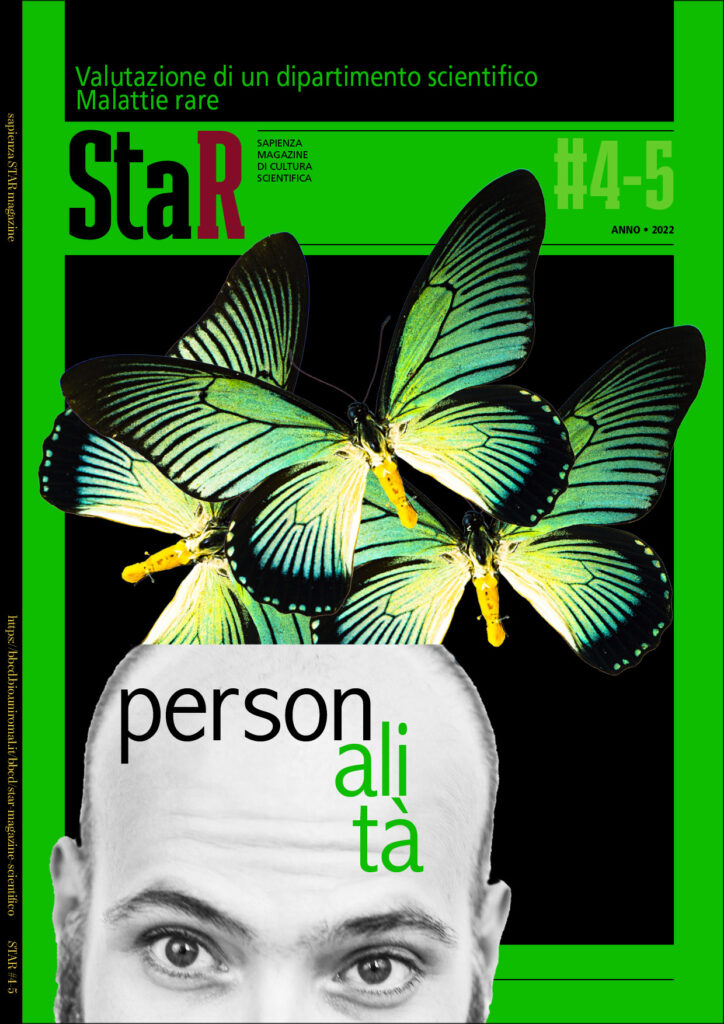

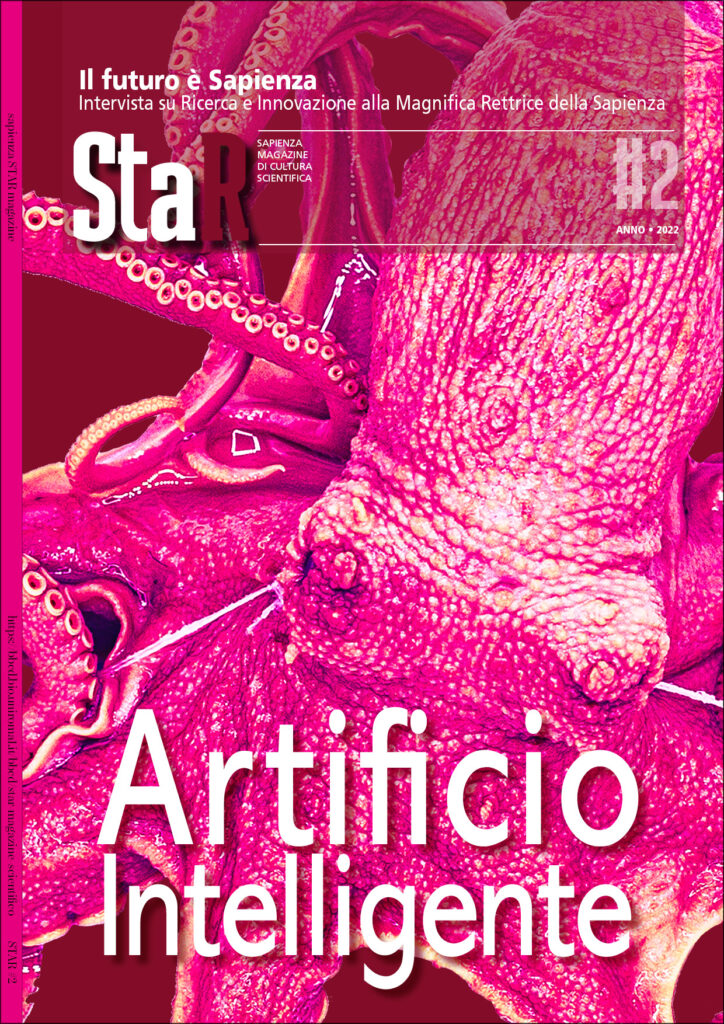

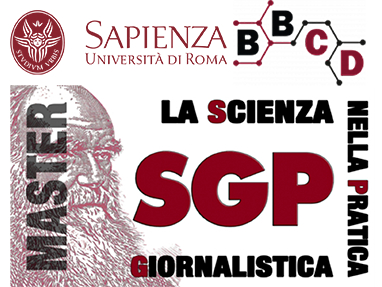
Commenti recenti